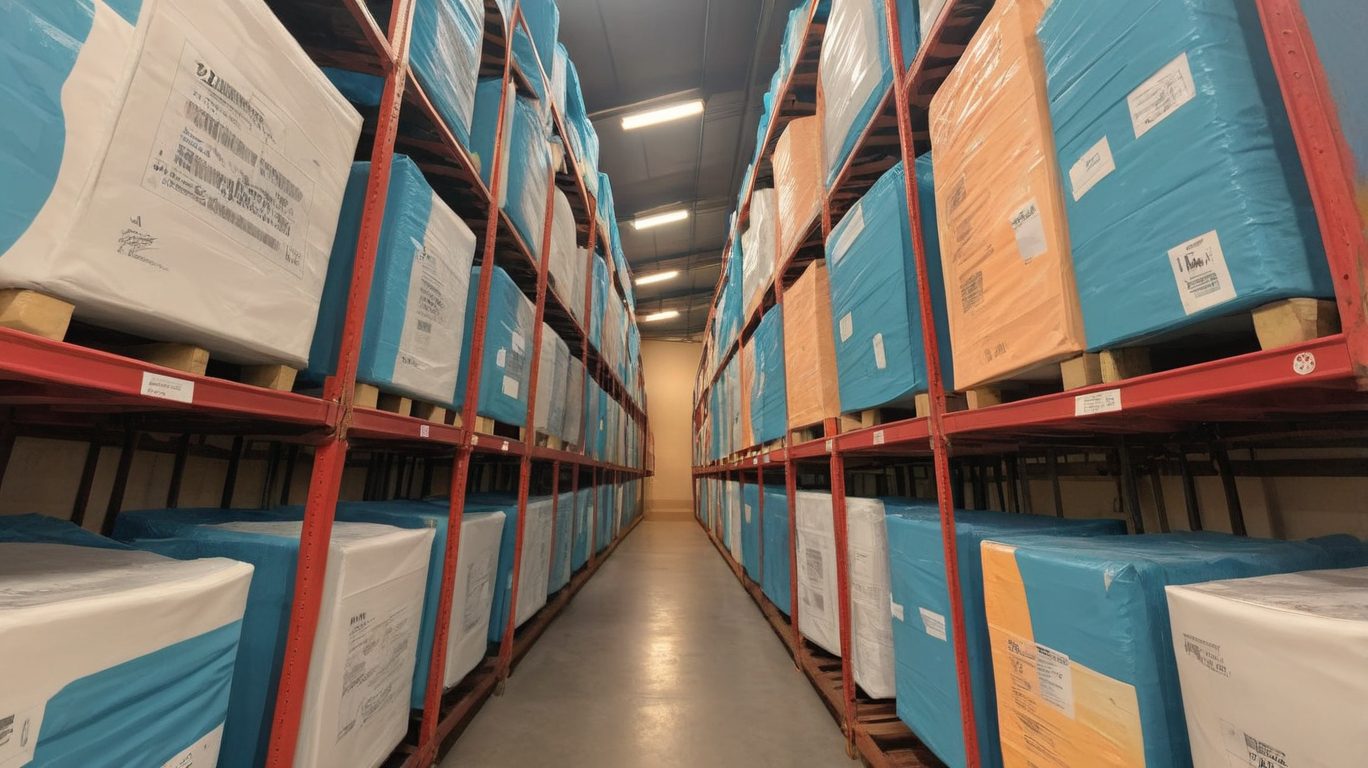
Jersey Watchdog Probes Anti-Competitive Practices
The Jersey Competition Regulatory Authority (JCRA) has launched a formal investigation into suspected anti-competitive practices in the transport, logistics, and storage sectors—key pillars of the Channel Island’s economy. The probe follows evidence suggesting that “two or more” firms may have engaged in conduct resembling cartel activity, such as price-fixing, market-sharing, or collusive bidding.
Why the Sectors Matter
Jersey relies heavily on imports for essential goods like food, medical supplies, and construction materials. Any reduction in competition could directly affect pricing, service quality, and supply chain resilience. Analysts note that Jersey’s small market size makes it especially vulnerable to collusion, as even a handful of players coordinating their actions could distort competition and reduce consumer choice.
JCRA’s Powers and Leniency Regime
The JCRA enforces Jersey’s competition laws, which prohibit collusion and abuse of market power. Its toolkit includes compulsory requests for records, interviews, and “dawn raids” (unannounced inspections). Importantly, the authority has reaffirmed its leniency regime, which allows cartel participants to receive reduced penalties—or complete immunity—if they self-report, assist with the investigation, and cease their unlawful conduct. Such schemes are widely used worldwide to uncover hidden arrangements.
Public Invited to Share Information
The JCRA has called on residents, businesses, and stakeholders to raise concerns about suspicious patterns, such as uniform pricing, abrupt service changes, or firms dividing customers and territories to avoid competition. These submissions could help the authority uncover conduct that would otherwise remain concealed.
Competition Challenges on Small Islands
Small markets like Jersey often have only a few suppliers in critical sectors. While this can reduce rivalry naturally, explicit coordination among firms can magnify the problem, raising costs and reducing choice. In transport and logistics, where geographical isolation already drives up expenses, anti-competitive practices could further strain both households and businesses.
Potential Consequences of the Inquiry
If unlawful conduct is confirmed, the JCRA can impose hefty fines, issue legally binding orders to halt the practices, and in severe cases, penalise individual directors with leadership bans. Beyond immediate penalties, the case could set a benchmark precedent for future enforcement, shaping competition policy in Jersey for years to come.
Safeguarding Consumer Confidence
The JCRA stresses that strong competition benefits consumers with lower prices, better service, and innovation. In sectors tied to critical infrastructure like logistics, maintaining trust and efficiency is vital for public confidence and economic stability. For islanders, the outcome of this probe could directly impact everyday essentials, from grocery deliveries to medical supplies.
Looking Ahead
While details remain scarce, officials highlight that securing the investigation is their priority. Islanders and firms alike will closely watch developments, wary of any disruption caused by hidden arrangements. For those concerned, the JCRA encourages direct contact through its official channels—and for those seeking wider business insights, platforms like BizRush provide timely updates on regulatory and market trends.







